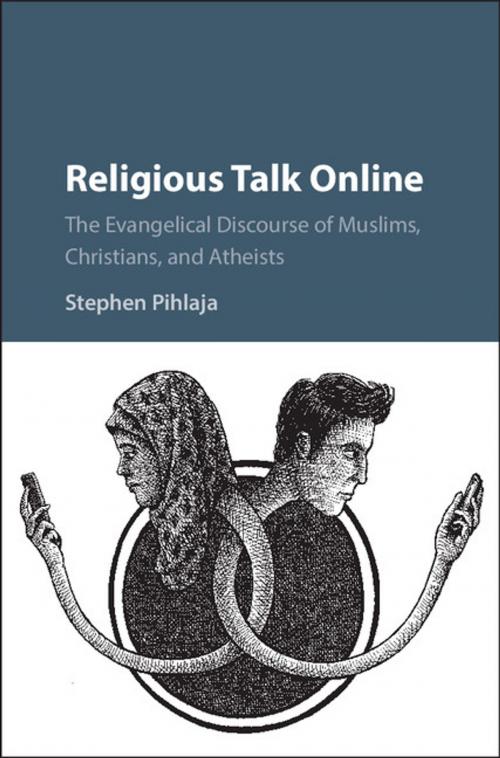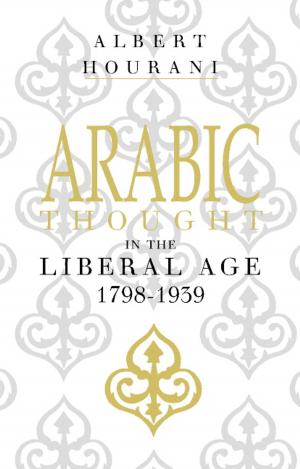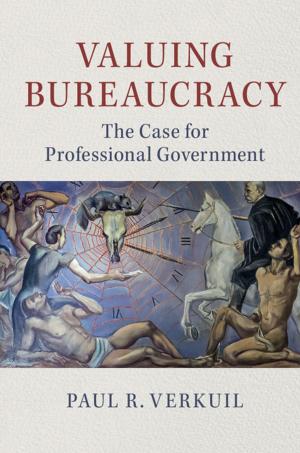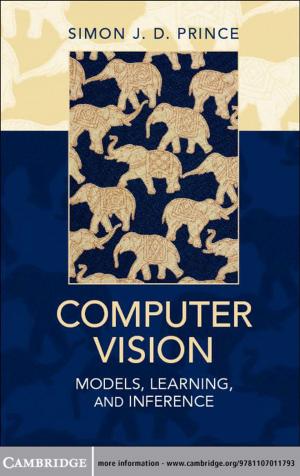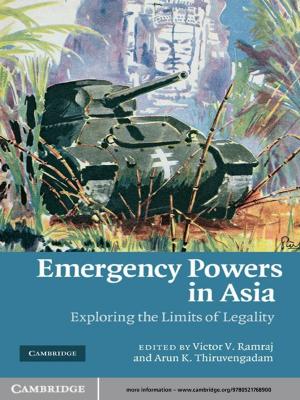Religious Talk Online
The Evangelical Discourse of Muslims, Christians, and Atheists
Nonfiction, Reference & Language, Language Arts, Linguistics, Religion & Spirituality| Author: | Stephen Pihlaja | ISBN: | 9781108674294 |
| Publisher: | Cambridge University Press | Publication: | February 28, 2018 |
| Imprint: | Cambridge University Press | Language: | English |
| Author: | Stephen Pihlaja |
| ISBN: | 9781108674294 |
| Publisher: | Cambridge University Press |
| Publication: | February 28, 2018 |
| Imprint: | Cambridge University Press |
| Language: | English |
In the online world, people argue about anything and everything - religion is no exception. Stephen Pihlaja investigates how several prominent social media figures present views about religion in an environment where their positions are challenged. The analysis shows how conflict creates a space for users to share, explain, and develop their opinions and beliefs, by making appeals to both a core audience of like-minded viewers and a broader audience of viewers who are potentially interested in the claims, ambivalent, or openly hostile. The book argues that in the back and forth of these arguments, the positions that users take in response to the arguments of others have consequences for how religious talk develops, and potentially for how people understand and practice their beliefs in the twenty-first century. Based on original empirical research, it addresses long-debated questions in sociolinguistics and discourse analysis regarding the role of language in building solidarity, defining identity and establishing genres and registers of interaction.
In the online world, people argue about anything and everything - religion is no exception. Stephen Pihlaja investigates how several prominent social media figures present views about religion in an environment where their positions are challenged. The analysis shows how conflict creates a space for users to share, explain, and develop their opinions and beliefs, by making appeals to both a core audience of like-minded viewers and a broader audience of viewers who are potentially interested in the claims, ambivalent, or openly hostile. The book argues that in the back and forth of these arguments, the positions that users take in response to the arguments of others have consequences for how religious talk develops, and potentially for how people understand and practice their beliefs in the twenty-first century. Based on original empirical research, it addresses long-debated questions in sociolinguistics and discourse analysis regarding the role of language in building solidarity, defining identity and establishing genres and registers of interaction.
